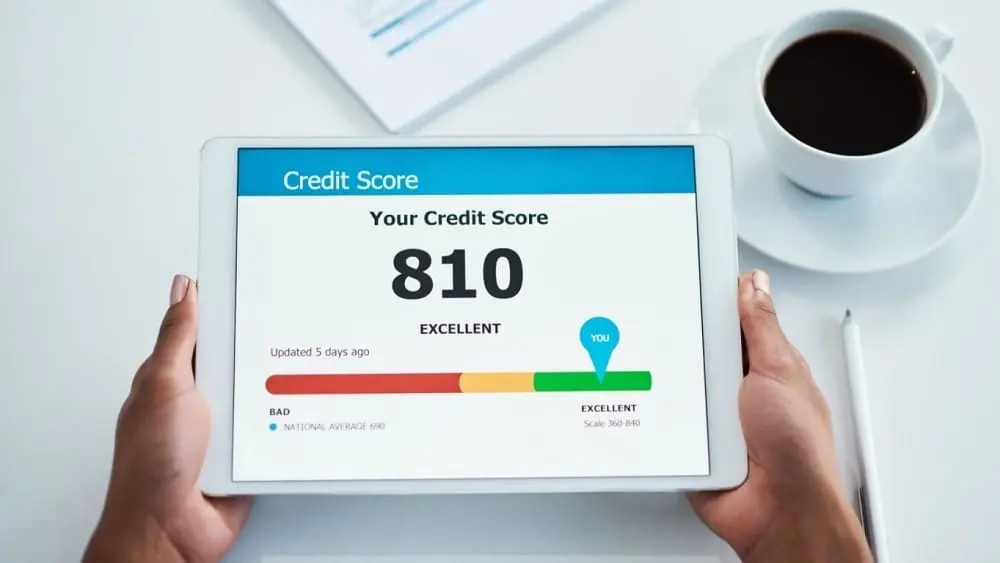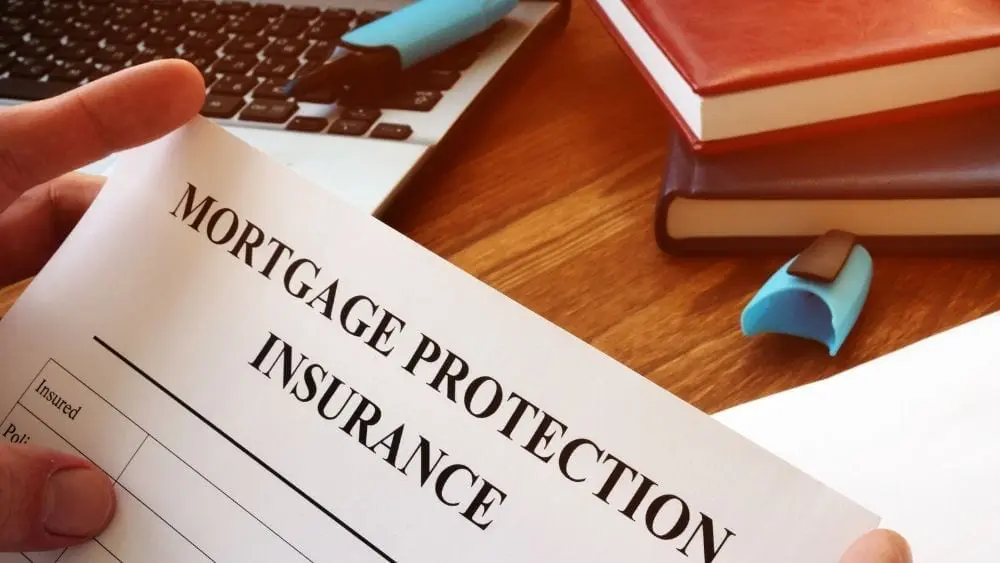
Beautiful weather year-round; a booming, diverse economy; and incredible landscapes that include mountains, canyons, and waterfalls — welcome to Georgia. If you’re looking to purchase a new home here, you’ve probably been saving up for that important down payment. But what about other costs associated with buying a home, such as closing costs?
Closing costs encompass all the fees homebuyers need to pay on closing day before they receive the keys and deed to their new property. These fees include paying for services like setting up your loan, getting your new home appraised and inspected, and taking out a homeowner’s insurance policy. As a rule of thumb, closing costs typically amount to 2 percent to 5 percent of the home’s purchase price, paid alongside the down payment, which makes for one expensive day.
Because closing costs can vary by state, let’s look at what you can expect to pay in Georgia and how you can potentially lower those costs.
How Much Are Closing Costs in Georgia?

Georgia residents can breathe a sigh of relief. Closing costs here won’t break the bank compared to other areas of the country.
On average, closing costs in Georgia are $2,727, according to a 2021 report by ClosingCorp, which provides research on the U.S. real estate industry. That figure makes up 1.33 percent of the home’s price tag. In comparison, the national average is $6,087.
But ClosingCorp didn’t factor in expenses like mortgage loan origination fees and private mortgage insurance, which can easily add to your closing costs bill. It also didn’t take into account state-specific expenses — in Georgia, that could include a flood certification and any extra home insurance policies you’ll need to buy.
Home values have also increased substantially. The ClosingCorp data is based on an average home price of $205,418 for Georgia, but the average price as of July 2021 is $365,934, according to the Georgia Association of Realtors. With that figure in mind, if homebuyers are aiming to pay between 2 percent and 5 percent of their home’s purchase price on closing costs, that comes to between $7,319 and $18,297. Ultimately, how much you pay will depend on the price of your home and the complexity of the home sale.
What’s Typically Included in Georgia’s Closing Costs?
Georgians may be wondering how their closing costs tab can run as high as $18,000. The homebuying process can come with some crucial — but expensive — steps, from obtaining a mortgage to hiring a lawyer to finalize the details of your big purchase.
Here’s a closer look at the closing costs breakdown for homebuyers in Georgia, including the state-specific details you’ll need to watch out for:
Loan Origination Fees
Getting a mortgage doesn’t come for free. The first expense rolled into your closing costs will be loan origination fees.
Your mortgage lender will charge you for setting up a mortgage account. This includes preparing your home loan application, determining how much you’ll qualify for, producing preapproval letters for your house hunt, and processing your funding at closing. Real estate experts suggest homebuyers should estimate loan origination fees at roughly 0.5 percent to 1 percent of the loan amount.
Credit Report Fee

Before your lender approves you for a home loan, you’ll need to clear a thorough credit check to make sure you’re a responsible borrower. Your lender will request your credit report from the various credit bureaus for a detailed look at how you’ve managed your debts over the past decade or so — and that comes with a fee. In Georgia, it could cost up to $200 for each person on the loan application.
Attorney Fees
Did you know it’s mandatory to have a real estate attorney involved when you buy a home in Georgia? Georgia expects these attorneys, specializing in real estate closings, to be involved with everything, from working with your mortgage broker on your loan, drafting your purchase agreement, finalizing the contract, acting as an escrow agent and certifying deeds and other legal documents.
To be clear, the closing attorney represents the buyer’s lender in this case; their overall job is to make sure the closing is completed accurately, on time, and fairly for all parties involved. They’ll ensure that both parties understand their rights and obligations and oversee that all loan documents are executed properly. Both the buyer and seller can hire their own attorney to help them with any paperwork and contracts, too.
While in other states title companies also play a key role in the closing process, Georgia leaves the heavy lifting exclusively to real estate attorneys. The closing attorney verifies the seller’s right to transfer ownership so they’ll order a thorough search of the home’s title history. The last thing you want is to hand over your life’s savings to buy a home only to find yourself in a legal battle over ownership. The title search that’s conducted includes poring over historical records, including deeds, court records, property and name indexes, and other local records to make sure the land you’re buying isn’t tied up in ownership disputes, unpaid taxes, judgments, or lawsuits. You’ll need to pay for this step whether you’re buying a brand-new build or an existing home.
After the title search, the real estate attorney will help you with purchasing the necessary title insurance for both you and your lender. Title insurance protects both parties in case something goes awry and there are claims on the property. Sometimes this could come in the form of a previous owner omitting their marital status, resulting in a legal spouse claiming the home, or other incidents like fraud, forgery, or even administrative errors.
Georgia’s title insurance is charged according to a home’s purchase price. Properties valued at up to $100,000 come with title insurance premiums of $4.20 for every $1,000. It decreases to $3.65 for homes valued at $100,001 to $500,000. While the state’s Office of the Commissioner of Insurance says that title insurance fees can be paid by either the buyer or the seller, they are typically paid by the buyer.
The cost for hiring a real estate attorney in Georgia will vary depending on where you are in the state, and how complicated your home sale is. Anticipate spending more if you’re shopping for a lawyer in Atlanta or Savannah, compared to small towns like Helen or Canton, for example. Some real estate lawyers charge a flat fee for the entire home purchase process while others may bill you by the hour.
While legal fees may be expensive, they’re worth every penny: Your home purchase is easily the biggest purchase you’ll make in your lifetime, so you’ll want to have iron-clad documentation.
Georgia Real Estate Transfer Tax
In Georgia, the seller of a home is required to pay a real estate transfer tax, which is paid when they transfer the property to the buyer. However, this expense is commonly negotiated to be paid by the buyer.
The transfer tax amounts to $1 for every $1,000 in property value. In Columbus, for example, where homes are priced on average at $88,200, you’d spend $88 on real estate transfer taxes. Meanwhile, in Milton where home values are roughly $508,000, you’d pay about $508.
Property Taxes
The median annual property tax payment in Georgia is $1,771 — about $800 less than the national average. Count on paying for this expense, prorated, at closing, and then annually.
It’s worth noting that property tax due dates aren’t uniform across the state so you’ll need to pay attention to payment deadlines in your county when you move.
Homeowner’s Insurance

Homeowner’s insurance, which covers you in case something happens to your home such as fire, vandalism, or theft, is typically required by your lender before they transfer over your mortgage funds. You must have your insurance policy in effect and paid for the upcoming year before you move in.
In Georgia, you may need to check on whether you should add extended policies to your standard policy. You may be in a flood zone, for example, where coastal flooding and storm damage may put your home in harm’s way. Your lender may even require you to spend $50 for a flood certification to categorize your home’s flood risk.
Appraisal and Home Inspection
The appraisal and home inspection are two make-or-break moments in your homebuying journey. In both instances, your lender needs to know that they’re lending you the cash for a worthy investment — if your dream home doesn’t pass these tests, your lender won’t process your mortgage to help you make your purchase.
To start, your lender will send a third-party appraiser to walk through your home and look at similarly priced homes in the neighborhood to ensure it is priced at the right market value. Your lender needs the appraisal to line up with the sale price in case you default on your loan and they need to sell the property to recoup their costs.
Next, you’ll hire a home inspector who will focus on the home’s health and safety, from the foundation to the roof to the septic system and everything in between. They will flag any existing or potential issues, which you and the seller can negotiate on for repairs or concessions before finalizing the deal.
Your lender or your lawyer may insist on either of these steps. Either way, the buyer is responsible for both bills.
Private Mortgage Insurance
Some homebuyers, especially first-timers, may need to purchase private mortgage insurance, or PMI, if they are not providing a 20 percent down payment. Lenders can still qualify buyers for a loan even if they put down 5 percent to 19.99 percent as long as they get PMI.
To be clear, while the buyer is the one paying for the insurance, the coverage is for the lender as protection in case of loan default.
This cost isn’t included in the ClosingCorp tally of closing costs expenses, but PMI typically ranges from 0.25 percent to 2.25 percent of the buyer’s outstanding loan balance, depending on the size of their down payment and credit score.
How Can I Lower My Closing Costs in Georgia?

If the sticker shock is setting in, here’s some good news: There are strategies homebuyers can use to dramatically drive down their closing costs. Here are some key options.
Closing Cost Assistance
Take advantage of Georgia’s homeownership assistance programs.
Homebuyers should check with the Georgia Department of Community Affairs, which runs a series of statewide programs that arrange for affordable mortgages and provide down payment and closing cost assistance options.
Get Your Finances in Shape
The interest rate you secure is also a critical moment in the homebuying process. If you apply for a home loan with a great credit score, you could secure a lower interest rate, which could save you thousands of dollars over the lifetime of your mortgage.
With this in mind, it’s worth getting your financial ducks in a row before heading to your mortgage broker’s office. Pay down your debts to keep your debt-to-income ratio low, don’t skip any payments on your existing loans, and don’t apply for more credit before you make your case to lenders.
Save as much as you can for your down payment, too. The closer you get to the 20 percent down payment threshold, the less you’ll have to pay in PMI. Even if you only have a 15 percent down payment, once you hit the 20 percent equity mark as a homeowner, you’re off the hook for PMI.
Comparison Shop
Shop around for the best interest rate on your mortgage loan or for any other service providers you’ll need during the homebuying process.
Read through reviews, check out referrals from friends and family, and look at service providers’ accreditations. Then obtain quotes from several different service providers to find the best deal.
Seller Concessions
There is always wiggle room when you’re negotiating on a home sale, especially if you’re in a buyer’s market where the seller or builder is eager to make the sale. Negotiating on price and compromising on who pays for what on closing costs are a routine part of the homebuying process. You could ask the seller to pay for some — or all — of your closing costs if you offer to submit a full price offer on their home, for example. Or make a concession for needed repairs. In other words, there are a handful of different scenarios you could try to reassign some of the closing costs to the seller.
Negotiate Fees
Your closing attorney will send you a Closing Disclosure form, listing the various services and fees you’ll need to pay for on closing day. While the running tab and dollar signs may give you sweaty palms, read through the list so you understand and agree to the charges you’re incurring.
By closing day, the form should be updated. Check for discrepancies, an increase in fees, or new surprise charges. Don’t be afraid to question or push back on any disparities. You may be able to negotiate the removal of some of these fees, especially if you’re a long-time customer with multiple loan products that you’ve managed responsibly. The most obvious charges you can try to eliminate are fees that are often labeled as “junk fees,” such as rate lock fees, loan processing fees, and broker rebates.
Adding Closing Costs to Your Home Financing
Homebuyers who can’t come up with the cash for their closing costs may opt to roll this expense into their home loan. This way, instead of paying for their closing costs on closing day, the total is added to the monthly mortgage payments.
While this is a convenient way around paying for closing costs up front, you’re left paying interest on your closing costs across the life of the loan.
This option isn’t necessarily available to all homebuyers. You’ll need to check with your lender to see if they can accommodate this arrangement.
No-Closing-Cost Mortgages
Another solution is a “no-closing-cost” mortgage, in which your lender agrees to pay for part, or all, of your closing costs. In turn, you pay a higher interest rate on your mortgage.
Run some calculations before you decide that this is the best route for your bottom line. In the long run, this could cost you more money because of the bump in your interest rate.
Other Georgia Resources

Carmen Chai is an award-winning Canadian journalist who has lived and reported from major cities such as Vancouver, Toronto, London and Paris. For NewHomeSource, Carmen covers a variety of topics, including insurance, mortgages, and more.
 Guide to Idaho Closing Costs
Guide to Idaho Closing Costs